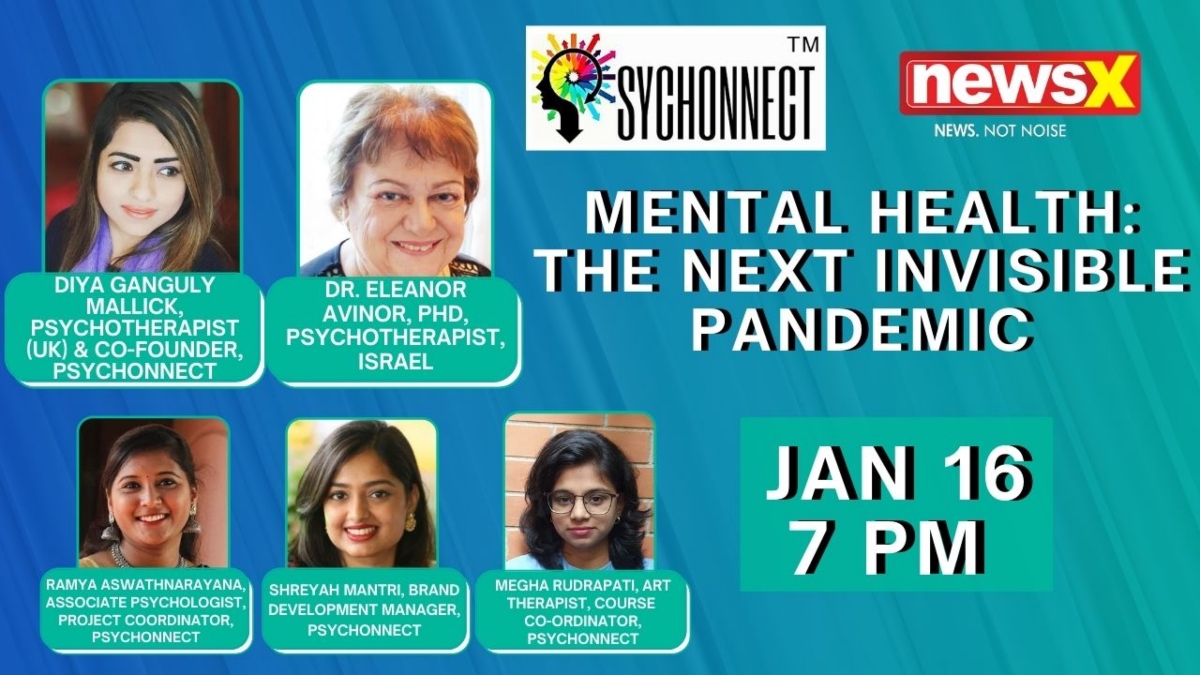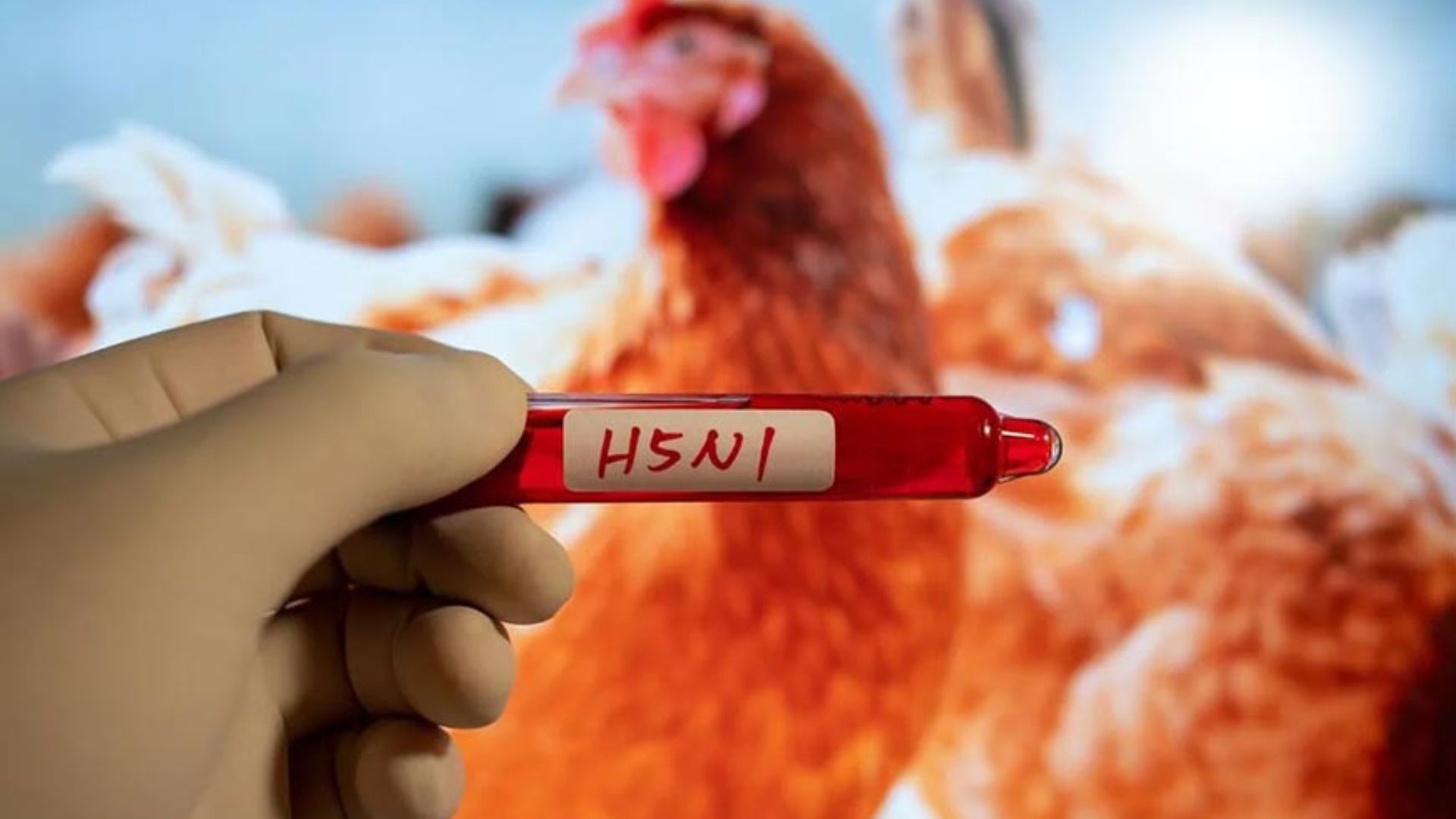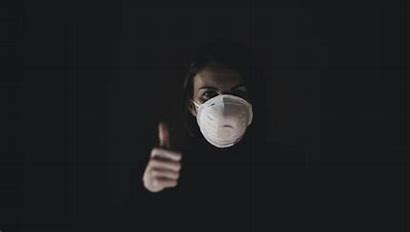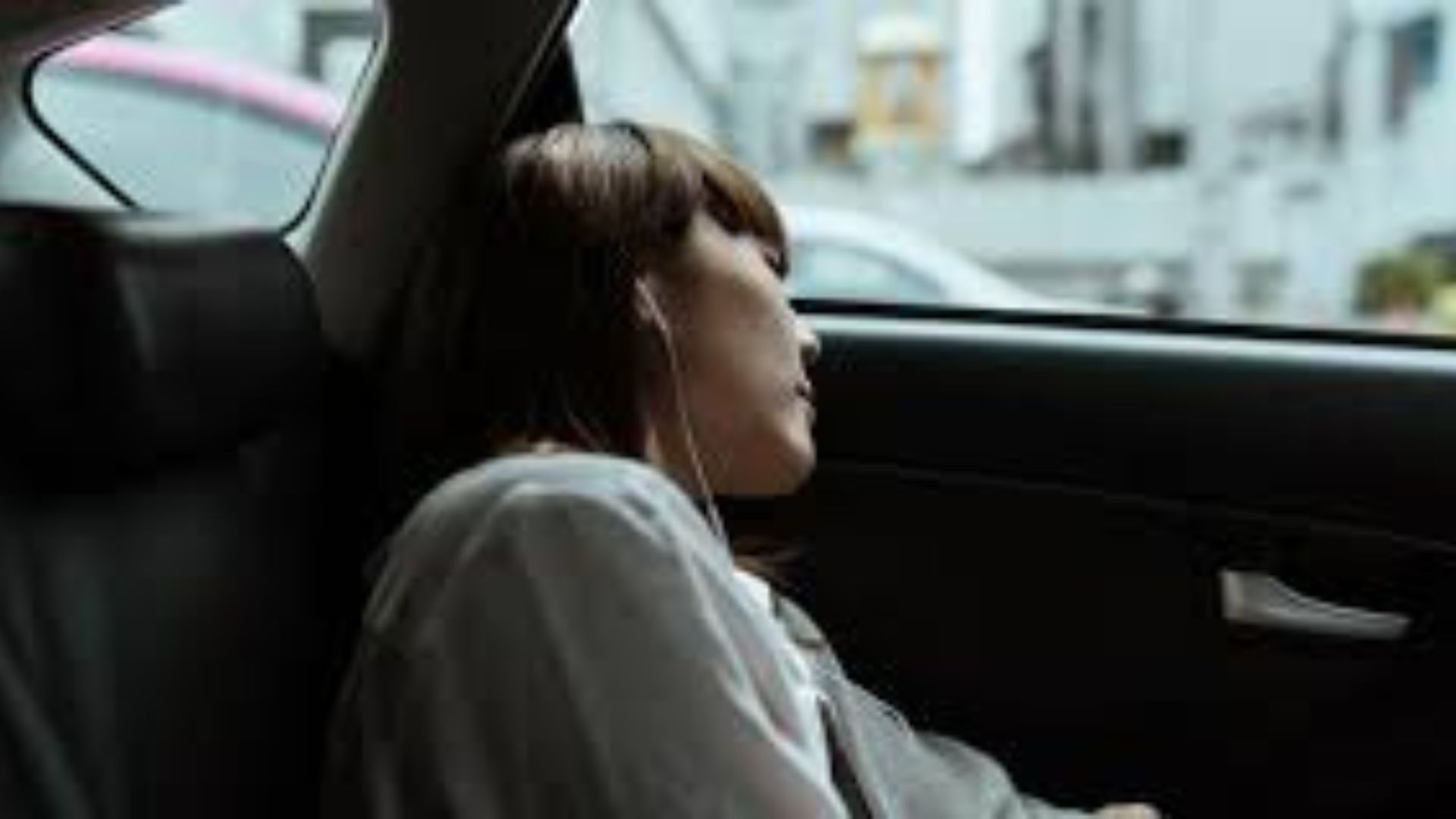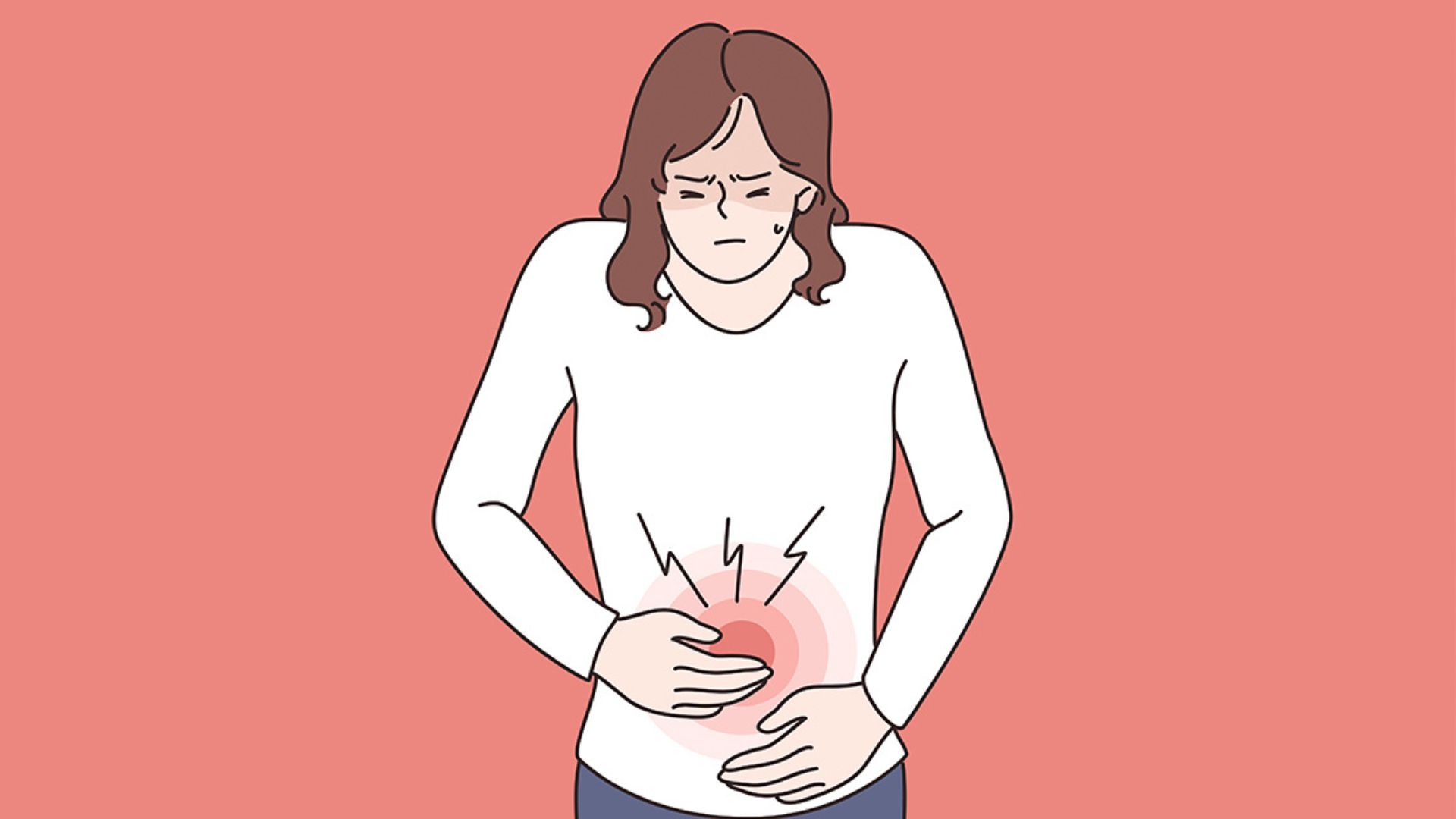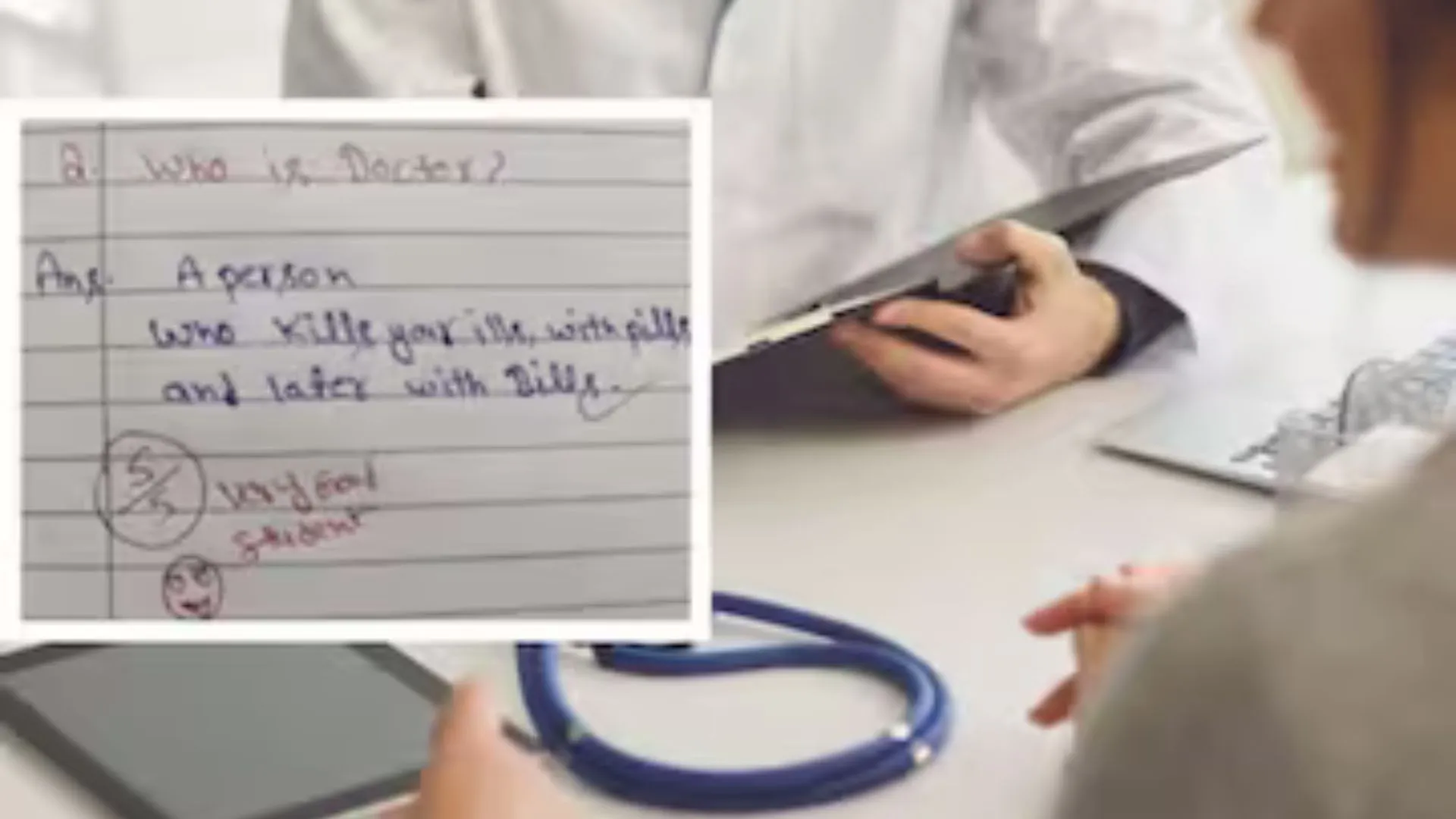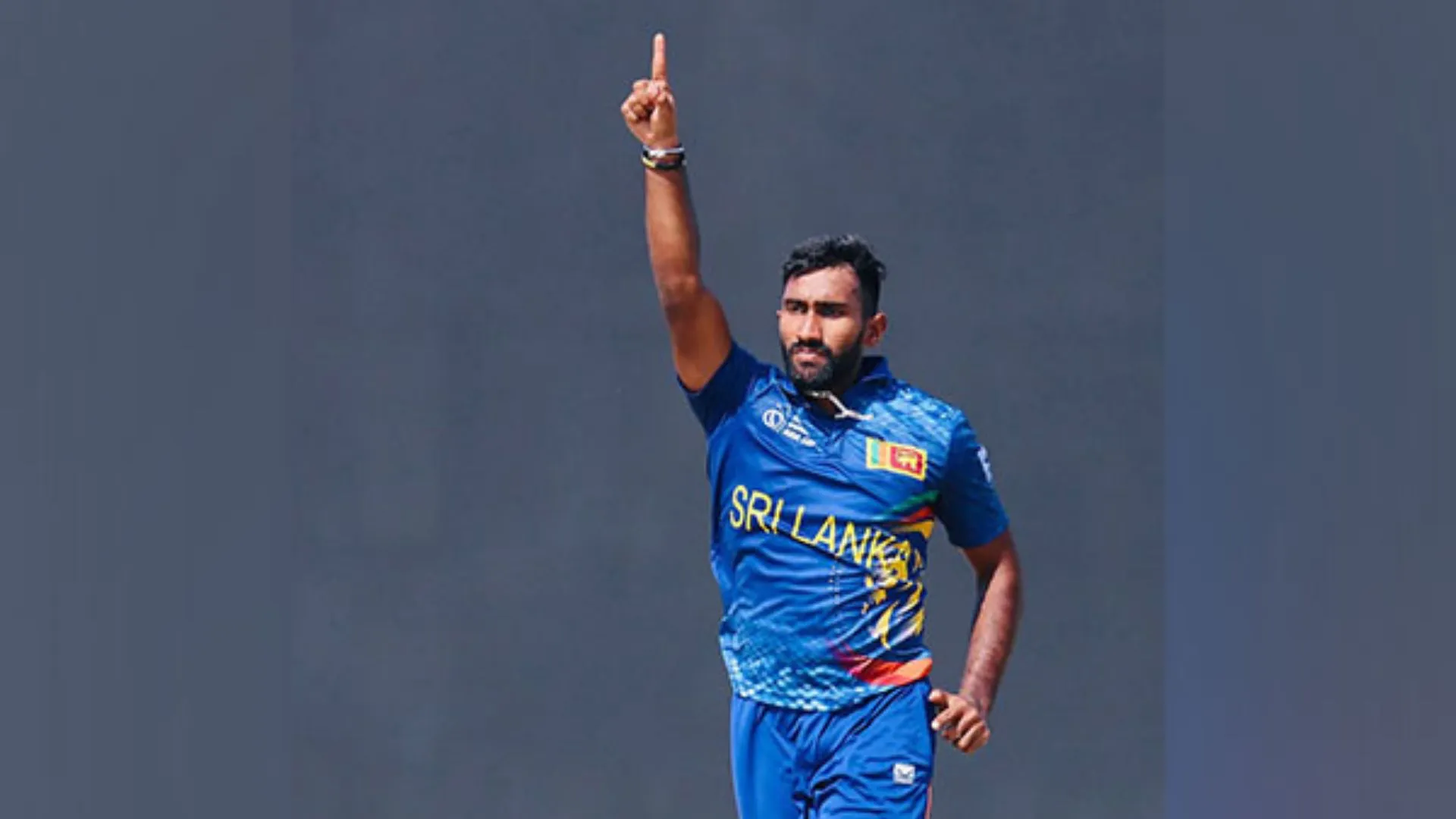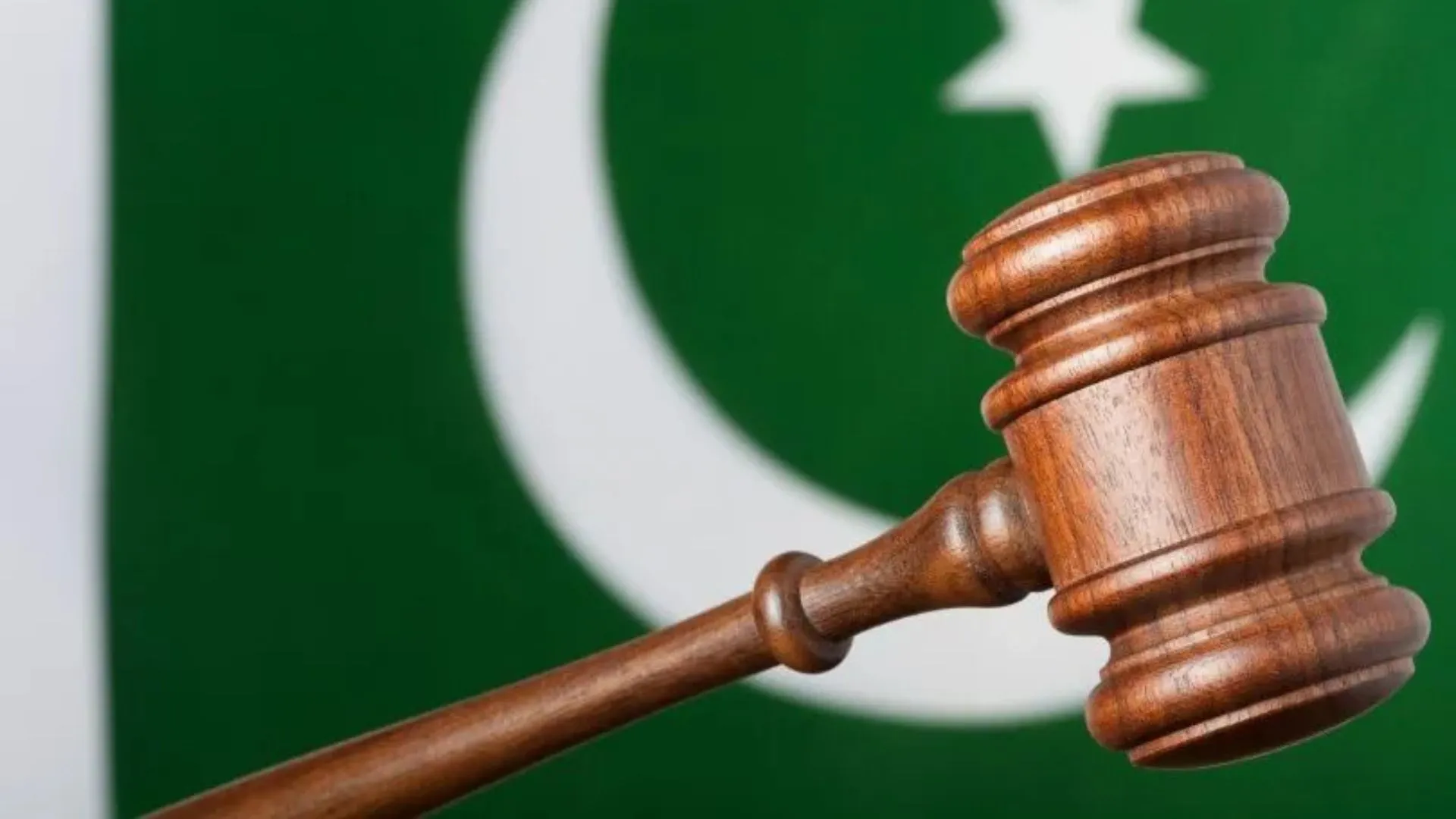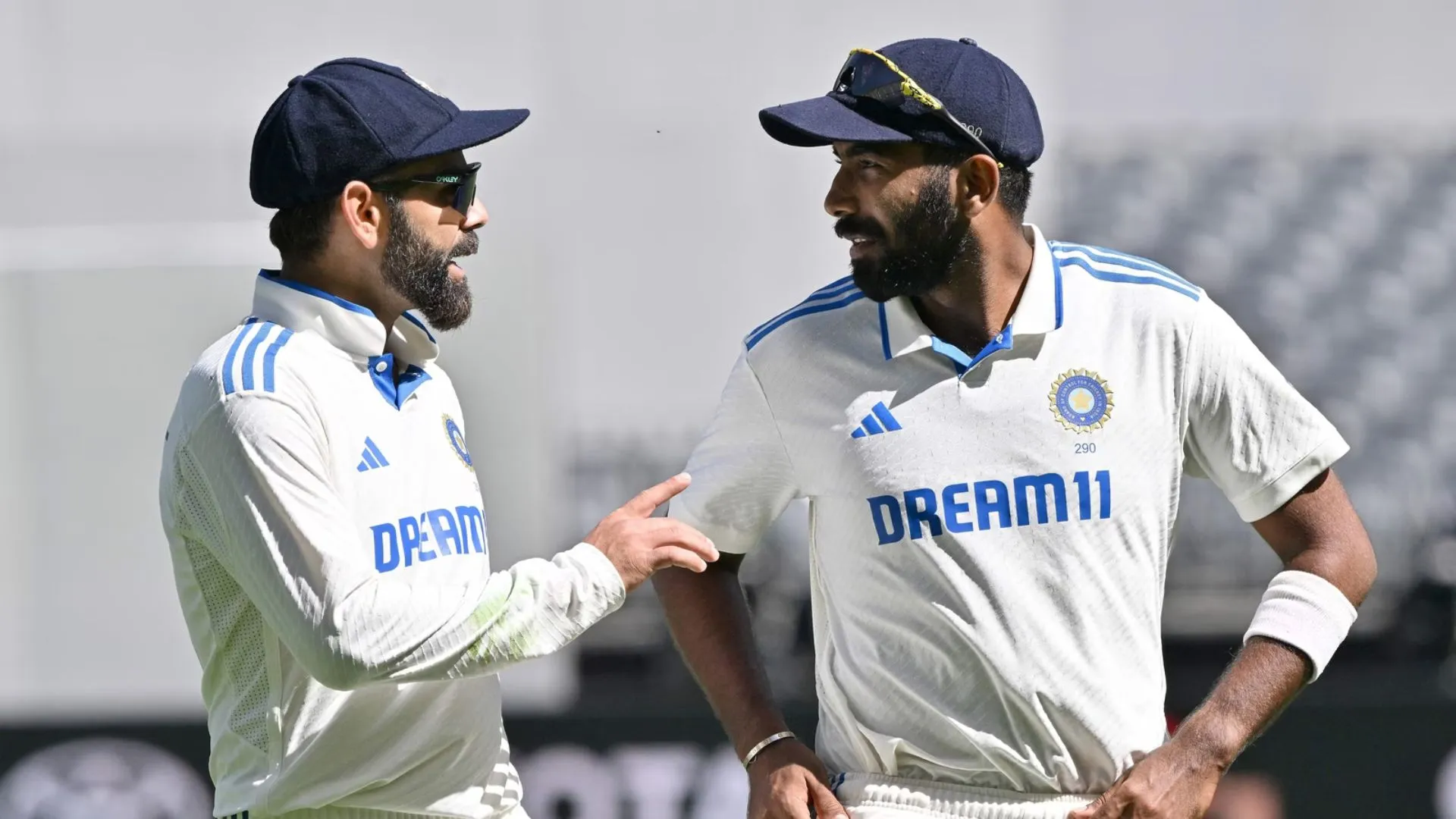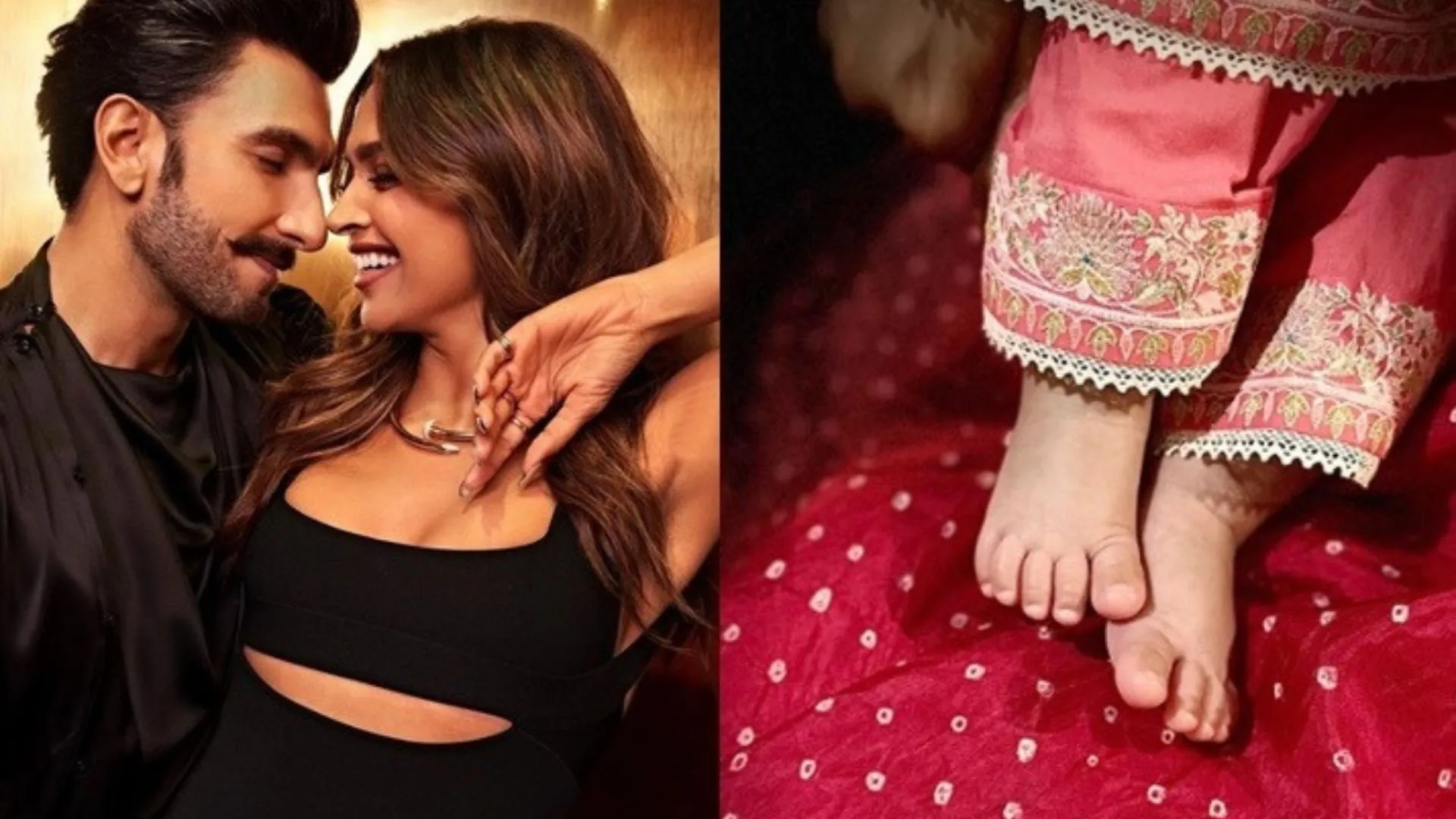As the world battles a ravaging pandemic, in an exclusive conversation with NewsX, Psychonnect held a riveting discussion around Mental Health: The Next Invisible Pandemic. The expert panelists on the show were Diya Ganguly Mallick, Psychotherapist (UK) & Co-founder, Psychonnect, and Dr. Eleanor Avinor, Ph.D. & Psychotherapist (Israel) and audience included Ramya Aswathnarayana, Associate Psychologist & Project Coordinator, Psychonnect, Megha Rudrapati, Art Therapist & Course Coordinator, Psychonnect and Shreyah Mantri, Brand Development Manager, Psychonnect.
Addressing the various challenges of Mental Health, Diya, Psychotherapist (UK) & Co-founder, Psychonnect, said “The problem with mental health is we don’t understand its pain points and triggers. Slowly it’s going to enter inside your body, but one will still not know about it or understand its concern, because it’s not tangible, it’s not visible. That is why as a professional, we want to raise awareness on the subject. It’s absolutely necessary. Now to understand the huge wide spectrum mental health challenges can have, whether be the occasional instances of anger, or the existential crisis of depression, these all fall under the realm of mental health. The work we are doing at Psychonnect is creating awareness for people to understand that this is a serious issue and there is no health without mental health.”
Psychonnect is a Premier Mental Health Platform that facilitates Mental well-being, diagnostics, counseling & therapy service. Talking about the thought behind founding the organization Diya said “In the UK I had an opportunity to create an ecosystem that will merge or confluence the traditional approaches we have in India with empirical approaches of the West so that people can have a holistic form of treatment and get more awareness globally. We need more professionals to equip them with the right skills in order to go out and train people and address this issue unless and until we reach a stage where everybody is at least aware of their own mental health and well being.”
Dr. Eleanor Avinor, Author & Psychotherapist based in Israel shared her insights on the mental challenges owing to the pandemic that we as a global community shared and felt the common experience. “Nowadays, stress and anxiety are everywhere. And everybody has it. It is vital for us to know how to lower it, and how to understand what triggers us. Therefore, psychotherapy is important and it can help everybody. Violence in the family or in the whole world is one of the main points that we deal with. Typically, a third of the world population is suffering from anxiety, and depression, or anger, or loneliness. it’s contagious and everybody’s feeling very upset, especially because of the social distancing. People don’t have the contact that they want.”
Stressing on the fears that people feel while seeking help and how stigmatized issues of mental health still continue to be, Dr. Eleanor elaborated “Many people don’t get help because they are afraid of the negative stigma. Others don’t have the money, sometimes it is very expensive to get professional help, and sometimes there is no professional solution available. And that’s what we’re trying to do now is to prepare professional solutions that anybody can go to and anybody can get help. People have to feel accepted to be happy and everybody needs some sort of psychological help. People need somebody to share with and discuss the problems when and they need help to look at their problems and dilemmas from a different perspective in a positive and effective way. We have patterns that we’ve learned as babies and we’re connected to these patterns. Sometimes they don’t work for us but they worked for us when they were babies. We have to learn to look at these patterns of behavior, the way of thinking that we have, and maybe change them.”
Talking about how it is possible to come up with a large scale of the pattern and the individual context in mental health and generalize something at that scale, Dr. Eleanor shared insights from her professional experiences “Not everything is biochemical. Our thoughts determine how we feel, and how we feel determines how we behave. Actually, we have to be giving you the thoughts, and that’s not medicine. There are medical solutions for people who have schizophrenia, or maybe manic depressive disorders that need medication. While some people need medication but many people need medication together with psychotherapy and talking. I worked in a hospital for many years in the Psychiatric Unit. We had clients, some of them got medication, some of them got only talks, and some of them got both. People need to talk.”
Taking steps to make mental wellbeing “a lifestyle statement” Psychonnect has come up with the A-R-K (Awareness – Recognition – Knowledge) Charter which can be a self-healing tool for everybody. Throwing light on how the Charter aims to take the first steps towards understanding, appreciating & respecting the relevance and importance of Mental Health Wellbeing, Diya told us “Whether it’s depression, or anxiety or any trauma, or PTSD, which is very common when there is a pandemic you can visit our website and talk and literally express your concerns. At the same time, we are building a PR network and support groups where we are actually bringing people who already have a history of mental illness so that they can share their experiences and people can learn from it.”
Adding to the discussion Ramya Aswathnarayana, Associate Psychologist threw attention towards children of various ages and how is it possible to grasp the mental health challenges of them during pandemic who might not be able to self-diagnose. Dr. Elenor said it’s very important to see and understand how our children feel and that everybody needs somebody to love. Diya further added that it is very important to understand that this particular trauma-related to COVID-19 might be very difficult for any children to express their concerns. “Children are usually attached to a routine of going to school, meeting their friends, sitting in a particular classroom, and you’ve taken all those pleasures out of their life and introduced a new form of learning or a new form of making friends or interacting. This can be very overwhelming, and not necessarily they will know that it is stressing them out. For that reason, one can be spending some quality time, maybe going through a picture of family and engaging them in small things and perhaps through that you can actually tap into.”
Dr. Eleanor elaborating on whether there is an international sort of consensus or international perspective on mental health said “ The Coronavirus pandemic is worldwide and hence it is an international problem as it concerns everybody the world over, In other words, everybody has some problems, and when they’re under stress, like such and they are afraid that people close to them will die intensifies the problems. People have to learn to be kind to themselves, to have self-compassion. You can’t be kind to others if you’re not kind to yourself. That’s one of the things we have to teach people in psychotherapy because some people are crying themselves, they don’t do things that make them feel good. They don’t accept themselves, they don’t accept your faults, and so they don’t accept others. So in other words, you have to learn to be kind and this will make the world that kind of place. People also have to seek and find within themselves barriers and all of us who are working in the mental health field know that children build barriers inside themselves. In a time of need, and a time like such all these things come to the surface.”
Diya adding to this said “Today there is a global consensus on the fact that mental health is going to be the next invisible pandemic, because even when COVID becomes a distant reality, members still will face the aftermath of it, because of the emotional and psychological sufferings one is going through. Many families and individuals didn’t even get to say the last goodbye to their loved ones and there are people who have gone through ventilations and treatment, and that itself can be post-traumatic for them. That is why it’s important to understand and not only for mental health professionals but as a community be sensitive to this issue.”
Connecting practitioners, world-leading experts, and institutes from across the world with their clients, students & partners at Psychonnect, Diya said “Our main agenda is to create awareness on the subject which needs you to understand their trigger points and understand why they are behaving the way we do. At Psychonnect we are constantly building multilingual content so that you don’t have to come online but you have easily accessible WhatsApp videos or even a booklet to manage the different emotions they go through at different points of the day. Changing routines can be very unsettling and anxiety-provoking for such people. We actually not only teach them the traditional theories, but we also give them case studies, role plays, and how they can then translate this knowledge with real-life clients.”
Psychonnect is actively working to make resources available and translating into different multilingual contexts such as Gujarati, Bengali, Hindi so that many people who are not that comfortable with English still will have access to this material and understand that there are real mental health challenges. Megha Rudrapati, Art Therapist addressed the issue that most of the research or even approaches on Mental Health that we rely on are from the west, and hence when can we create a knowledge base of our own that is more culturally relevant to our population and also help us make mental health as equally valued and efficient here in India as well.
Dr. Elenor focusing on the cultural correlation said “Every culture has stories that you can build on. One of the things I would be doing is collecting the stories and using them with people and hence connecting those stories to their private lives and what they can learn from them.”
Diya on the other hand stressed de-stigmatizing and raising awareness about mental health back in India and said “I think it’s important to understand in our culture when it comes to mental health there’s a massive stigma, first of all, we need to address that people who are battling any kind of mental health challenges, have been subjected to unfair treatment and discrimination, or being tagged as lunatics. We need to move from that and that’s the first thing we need to do when it comes to India. Moreover, we are kind of short-staffed when it comes to mental health.”
“First, we need to make the right kind of interventions available and make our community aware that this is a serious issue making relevant help available to them and most importantly, it’s very important now to understand that mental health illness, must be under, I would say the ambit of all these life insurance or medical coverages. Until and unless we do that in our society people won’t see mental illness as the same as physical dysfunctions, they will never give that respect,” concluded Diya.
To know more about the ARK Charter, visit: www.psychonnect.com/a-r-k-charter
Watch the entire telecast here:

